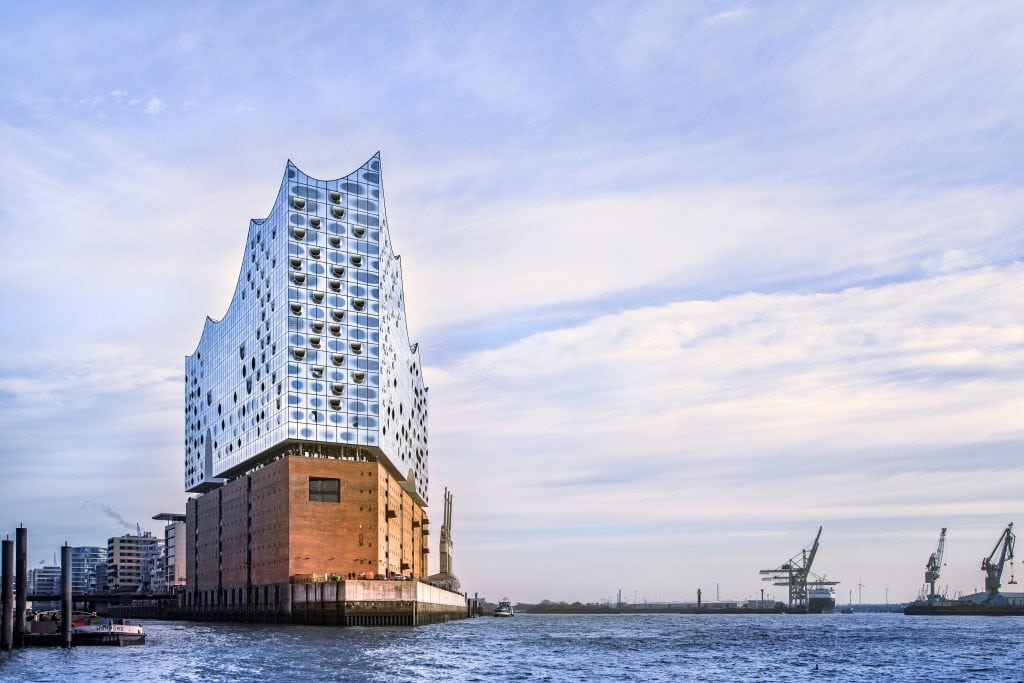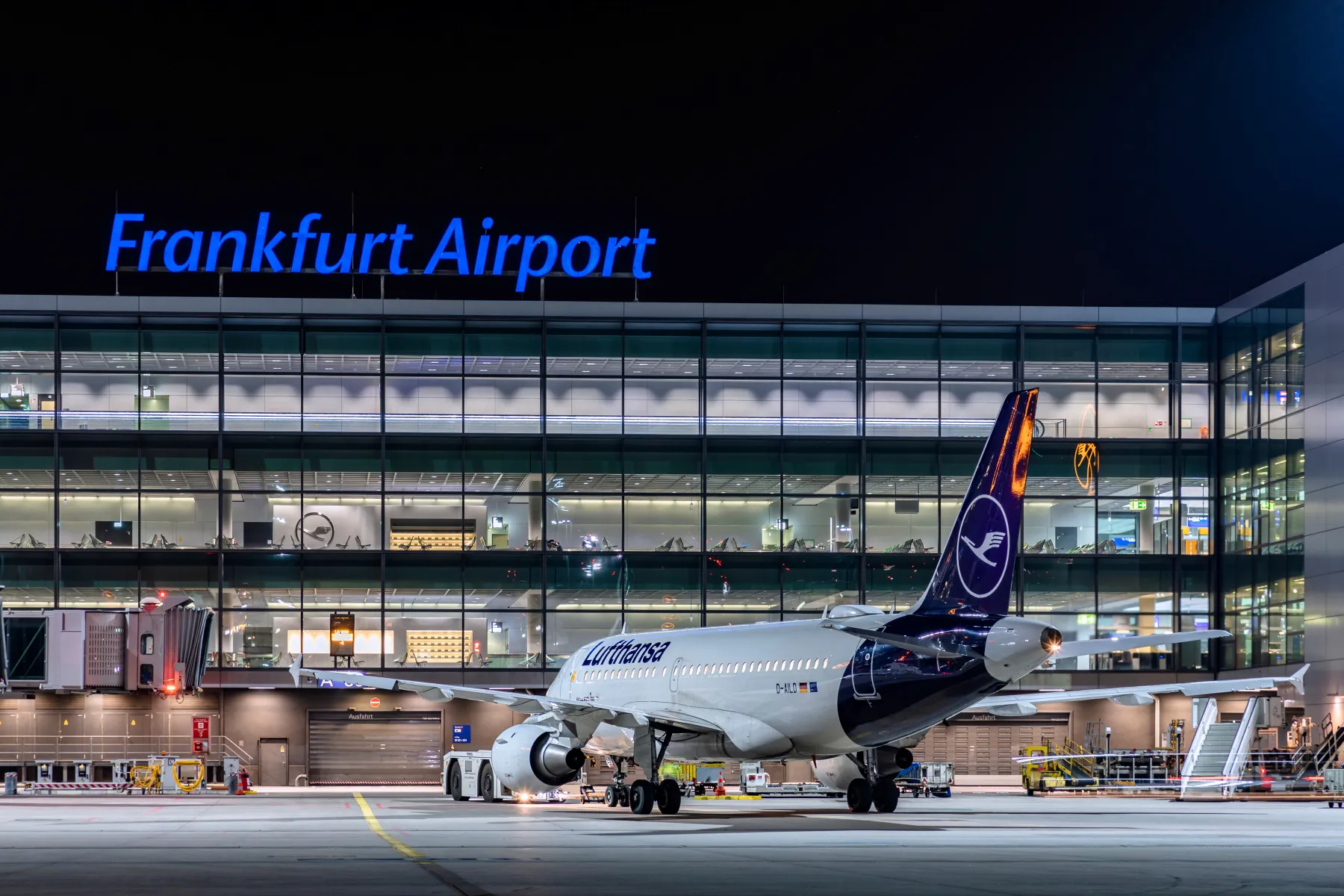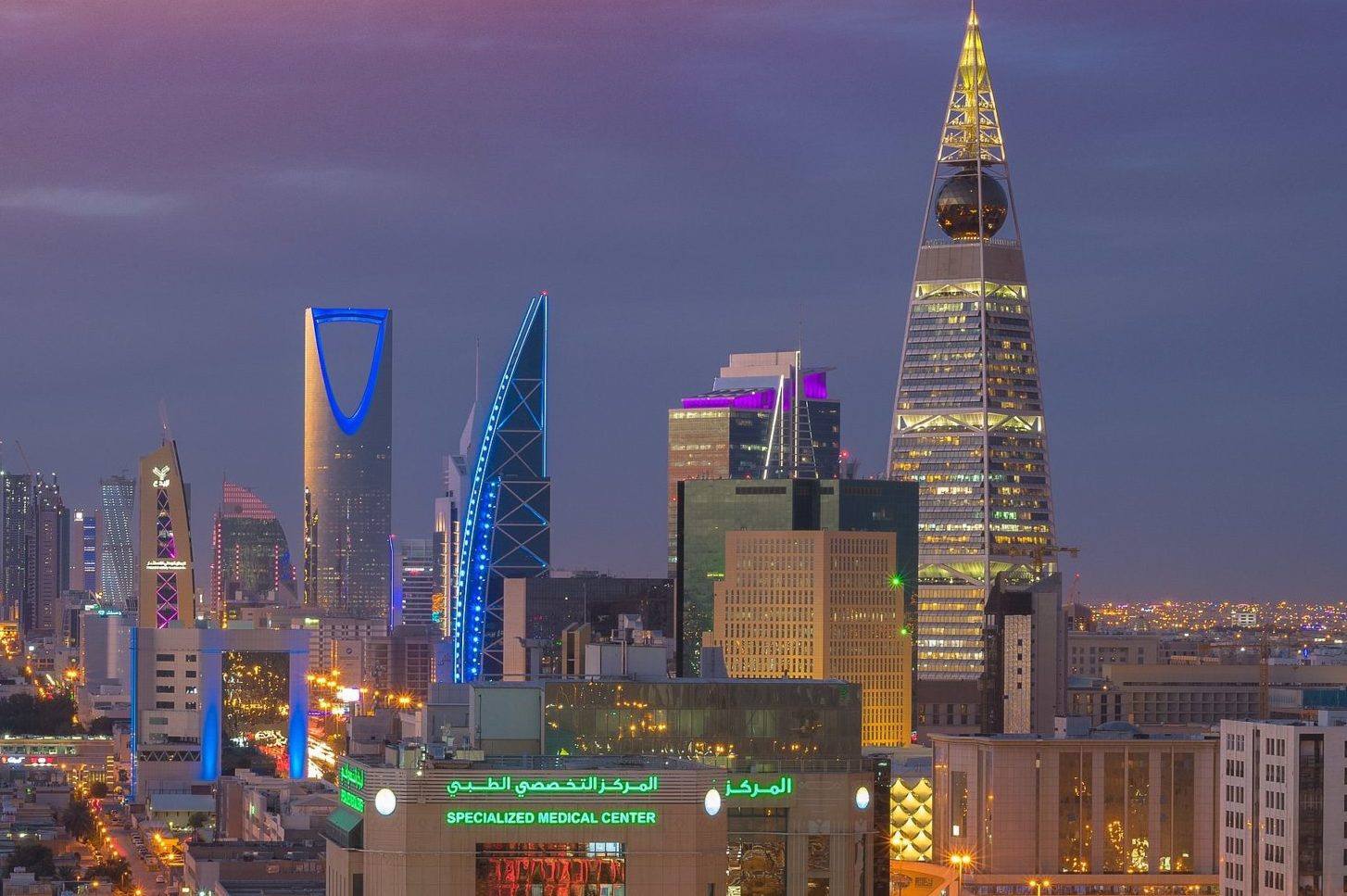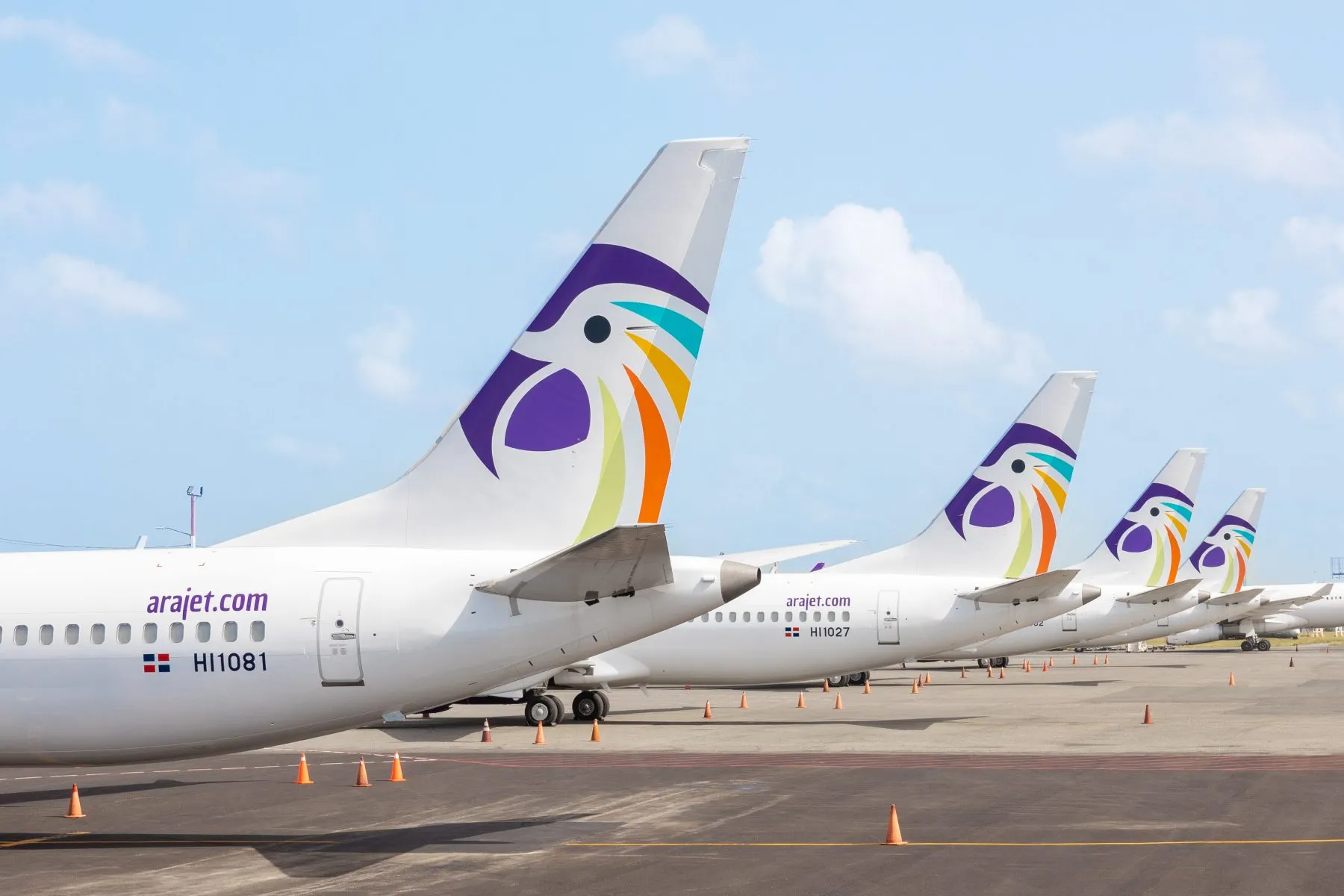Luxury Travel Is Becoming Even More Specialized

Skift Take
One way to discover what’s next in the world of luxury travel is to check in with travel advisors catering to an upscale clientele.
According to those Skift recently spoke with, what appears on the horizon are trips based on creative themes, political travel and sojourns to pristine environments.
“During the past 12 months, we’ve seen clients wanting to get more specialized into subjects. They are pushing boundaries in terms of exploring new regions via the lens of subject areas like architecture, design and fashion," said Anthony Lassman, who heads up London-based luxury travel consultancy Nota Bene Global.
Call it silo travel – visiting a place for a very specific reason. In that realm, "art and design are the new food and wine," said Rob Stein, at The Stein Collective by Ovation Vacations in New York City.
"Like a hot restaurant opening, an exciting new gallery, exhibition, or art fair is becoming increasingly influential in the decision process of where to travel next. Up and coming destinations across the globe are actively promoting their contemporary art and design culture to attract a more sophisticated and cosmopolitan clientele. [For example], Bogota is escaping the shadows of the more established Sao Paulo and Mexico City to become one of Latin America’s most dynamic art scenes.
"In Hamburg, the newly constructed Elbphilharmonie concert hall, designed by Herzog & de Meuron, and The Fontenay, one of the year’s most anticipated hotel openings, represent the city’s ambition to become Europe’s next cultural hotspot. Zeitz MOCAA and The Silo have contributed to Cape Town’s reputation as a burgeoning city of style."
Melissa Biggs Bradley, CEO of membership-based luxury travel company Indagare, is putting together more specialty tours led by subject gurus. They have included "a spiritual retreat at Mi Amo with Elizabeth Lesser, the co-founder of the Omega Institute; design-focused trips to Milan with the editor of [luxury lifestyle magazine] Cabana; and to Mexico City with the head of Design Miami.”
This bent toward special interests and education is also reflected in journeys with a political component. According to George Morgan-Grenville, CEO of UK-based Red Savannah, “People want to get under the skin of a country... to have both a contemporary and a historical understanding in politics, culture, anthropology. That way, when people leave, they have a more balanced view of the country.”
Skift reported last year that the likes of The New York Times and The Nation were organizing more politically-minded trips. Teresa Stack, former president of The Nation and founder of the publication’s educational travel programs, said, “We want to go to places that are unusual, perhaps where the government is at odds with ours. We think there’s something to be gained by having an open, dialogue.”
This year, The Nation has trips to Colombia and Russia on its upcoming roster, while a February swing through the South, entitled US Civil Rights: On the Road to Freedom, sold out quickly.
Bradley said clients often want to experience a slice of history, to go to places undergoing massive political or social shifts. “Places in the midst of change often offer a particularly wide window of experience and openness on the part of inhabitants.
So, for instance, when we were in Iran last year, (the locals) were so excited to have conversations with Westerners, particularly Americans, that they would stop us on the street to discuss politics and culture. It was like traveling to Cuba a decade ago or to the Soviet Union in the 1980s.”
Appreciation for the fragility of the natural world is another theme, with clients wanting to get to places before they sink underwater, fall victim to overtourism, or otherwise become spoiled.
“We have seen a huge increase in the number of people traveling to see cultures that are disappearing, and particularly ones that offer a sense of solitude and pristine nature," said Bradley.
That's likely why the company in recent times has "been sending more and more people to Alaska, Patagonia, Iceland and remote parts of Indonesia and Papua New Guinea."




